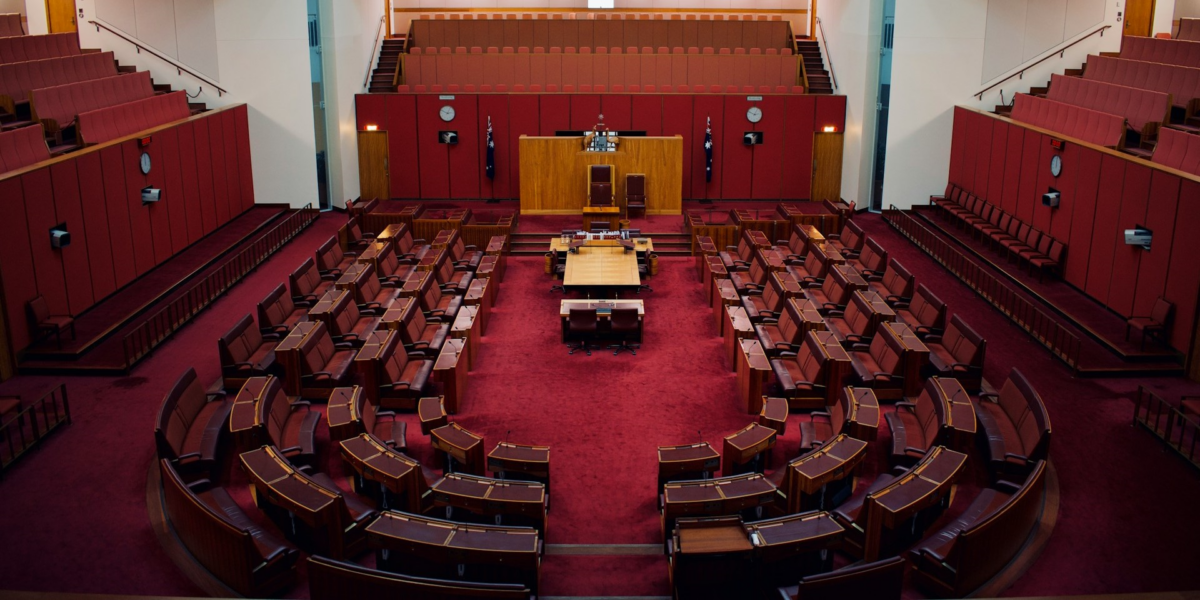DLCC Raises Over $21 Million for 2024 Races
DLCC’s Strategic Move to Target Democratic Pickup Opportunities
The Democratic Legislative Campaign Committee (DLCC) has secured over one-third of its $60 million goal for the 2024 election cycle. The committee plans to utilize these funds and other resources to strategically target Democratic pickup opportunities in special elections across various states. The DLCC’s comprehensive strategy, outlined in a memo shared with NBC News, underscores its commitment to influencing state legislative races crucial to the Democratic agenda.
DLCC’s 2024 Roadmap Revealed
In a memo released before its official publication, the DLCC announced its intention to focus on critical states with competitive legislative races. The initial emphasis was defending Democratic control of state House chambers in Michigan, Minnesota, and Pennsylvania while also aiming to flip chambers in Arizona and New Hampshire. However, the committee has expanded its targets to include January special elections in Florida and New Hampshire, with additional races planned for late winter and early spring.
Pennsylvania Special Election Holds the Key
One notable race in the DLCC’s crosshairs is the special election for a Pennsylvania state House seat on February 13. The election outcome, where Democrats currently hold a one-seat majority, will determine control of the chamber. The DLCC’s strategic moves highlight the significance of state-level races in shaping the political landscape and influencing policy decisions.
Contrarian Statement: Challenges and Funding Disparities
Despite the DLCC’s impressive fundraising efforts, challenges loom on the horizon. The committee, aiming for a $60 million budget, acknowledges the need for additional funding during the on-year. The disparity in investment between state legislative races and federal counterparts remains a concern as the DLCC seeks to bridge the gap and compete effectively in a landscape saturated with high-stakes campaigns.
DLCC’s Vision for 2024
Looking ahead, the DLCC’s priorities for 2024 include safeguarding Democratic majorities in the Michigan House, the Minnesota House, and the Pennsylvania House. The committee also aims to flip the Arizona House and Senate, the New Hampshire House and Senate, and the Pennsylvania Senate. In red states like Kansas, Wisconsin, and North Carolina, the DLCC’s investments aim to protect Democratic governors’ veto power, while efforts in Georgia focus on building Democratic legislative influence.
DLCC’s Unprecedented Growth and Focus on State-Level Impact
The DLCC’s announcement of raising over $21 million, a record-breaking amount, underscores its commitment to state legislative races in the “year of the states.” The strategic roadmap for 2024 reflects the committee’s ambition to build on past successes, address funding disparities, and navigate the challenges posed by a complex political environment. As the DLCC positions itself at the center of shaping state policies, the upcoming special elections and targeted campaigns will be pivotal in determining the committee’s influence in the forthcoming election cycle.








